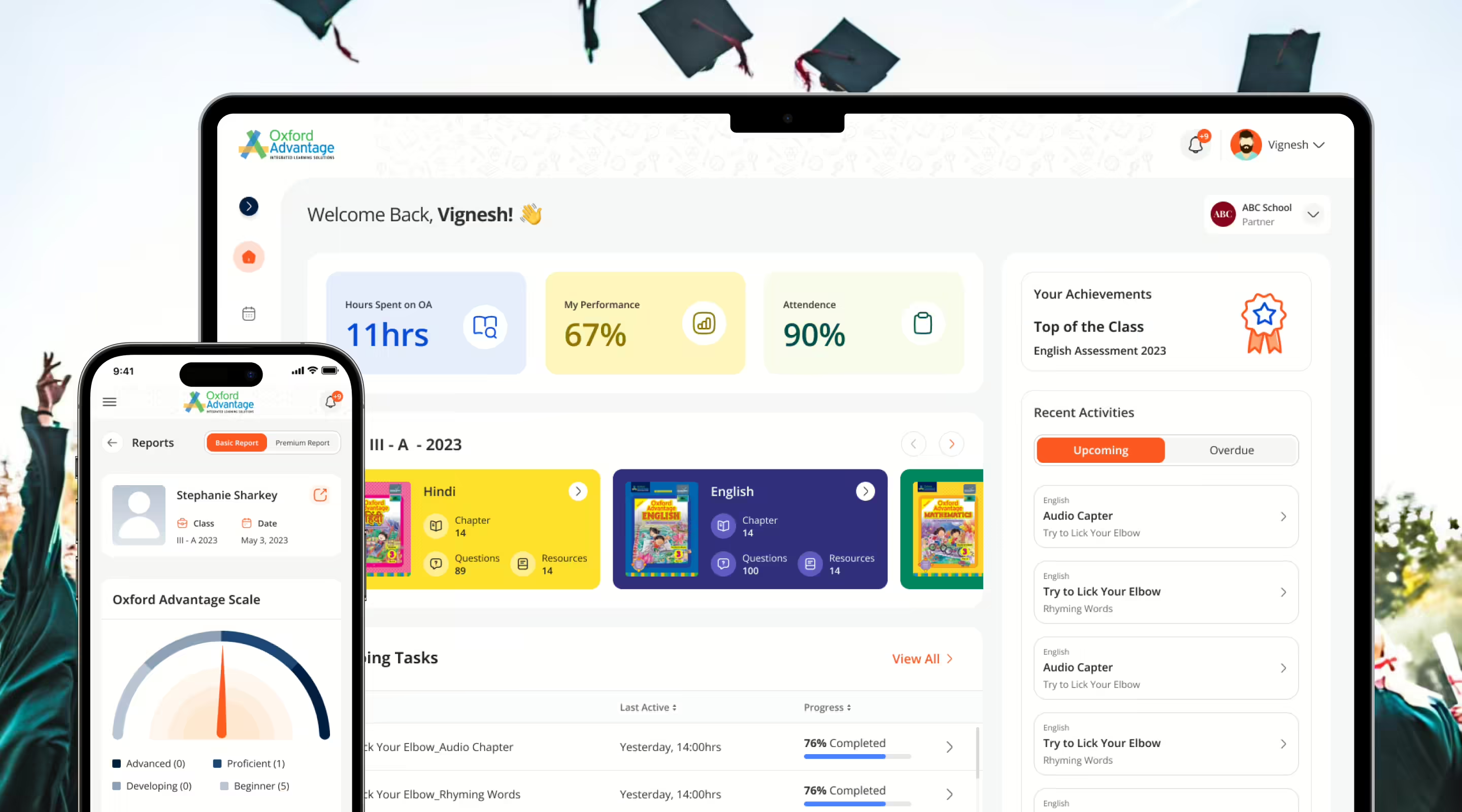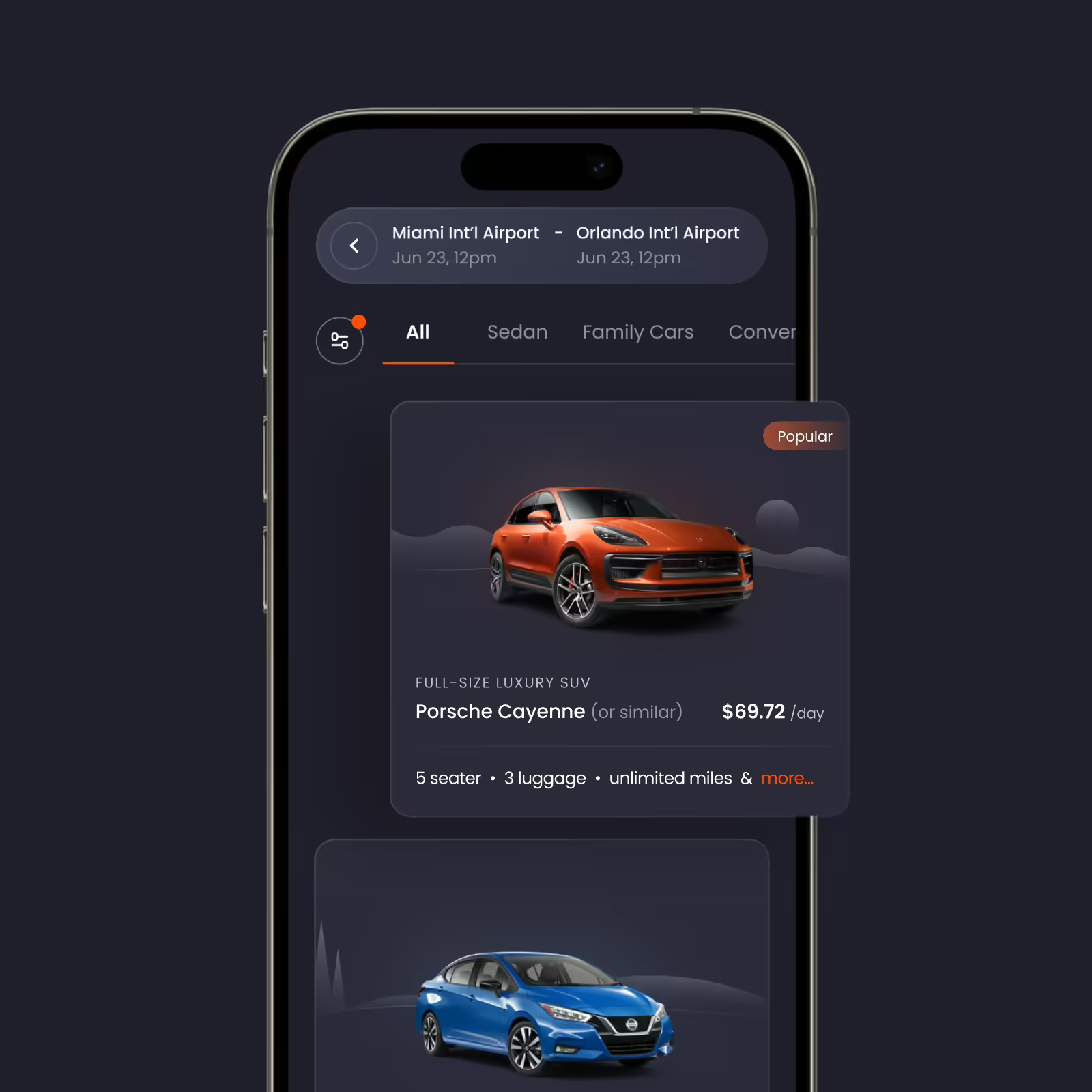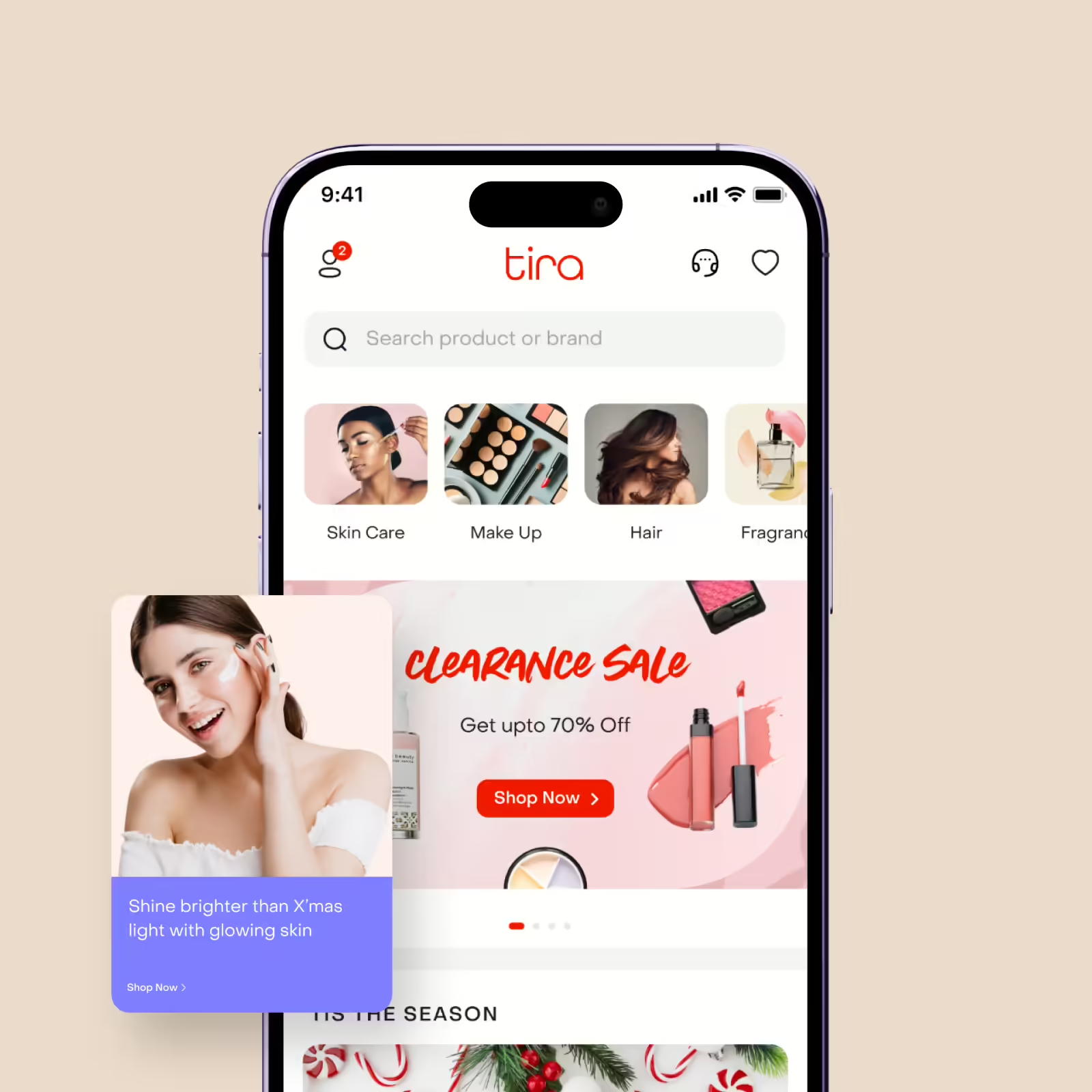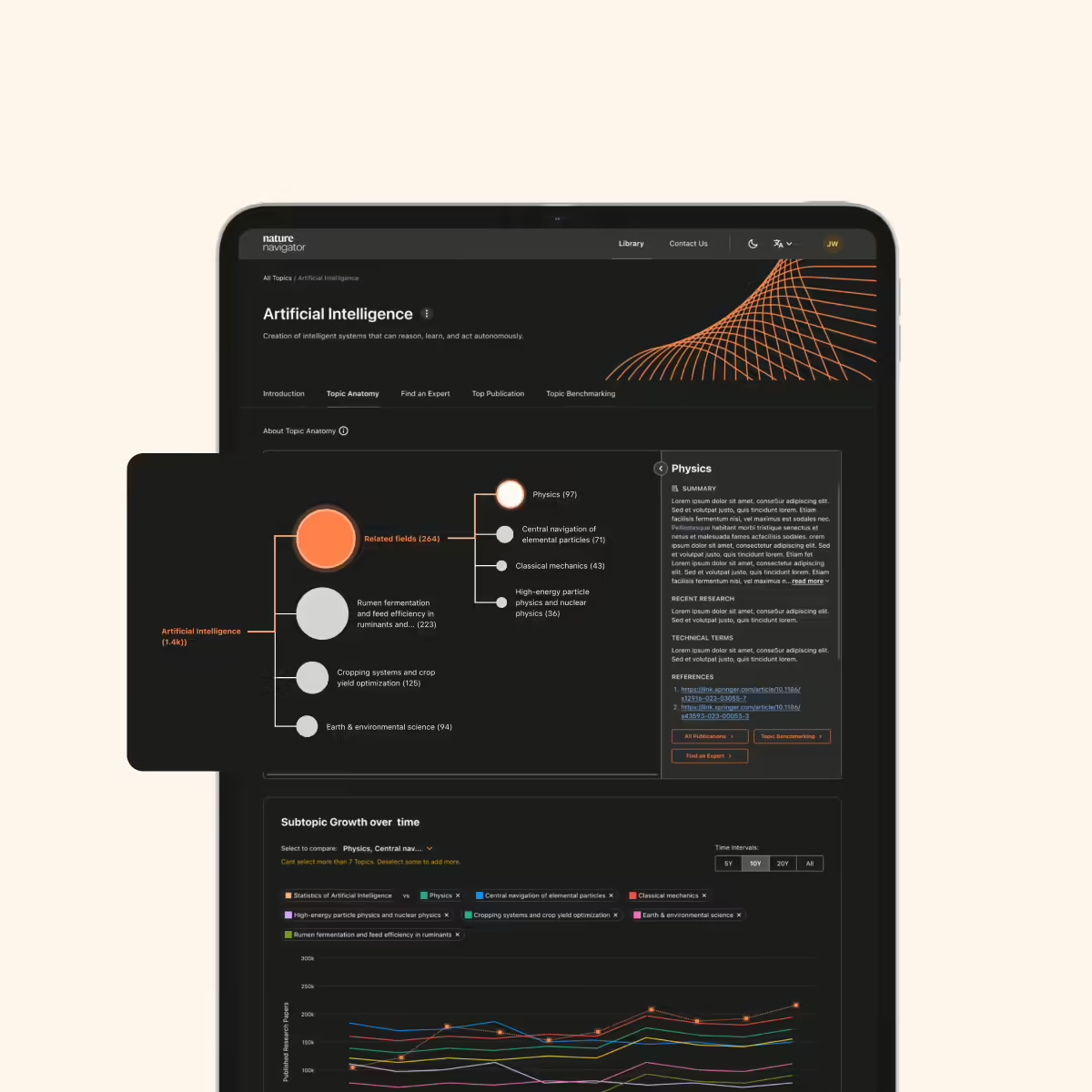Domain
Edtech & Learning
Geography
India
Platform
Responsive Web
Services
Research, Strategy, Design
Making learning inclusive, engaging & effortlessly human.
Oxford University Press (OUP), a globally respected publishing house with a legacy of advancing education, has established itself as a leader in educational solutions worldwide. Among its innovative offerings is Oxford Advantage, an advanced ed-tech platform designed to empower both students & teachers with a seamless, integrated learning experience. The platform includes a diverse array of educational materials, teaching aids & digital tools to support holistic academic growth.
Recognizing the increasing demand for digital-first education & the importance of user-centric design, OUP approached NetBramha Studios to revamp their Learning Management System (LMS) & associated landing pages. Their goal was to modernize the platform, making it more intuitive, engaging & accessible to a diverse global audience that includes educators, students & administrators. The project aimed to address critical challenges such as simplifying navigation, improving teaching & learning workflows & ensuring an optimal experience across all devices, from desktops to mobile phones.

Challenge
The project faced several challenges, including limited user data & delays due to dependency on the client team for inputs & design assets. Balancing the varied expectations of teachers, students & administrators proved difficult, while technical gaps required heavy reliance on visual designs. Key pain points included overwhelming navigation, a lack of personalization in teaching & learning flows, inconsistent visual language & limited features to engage younger audiences effectively. These insights highlighted the need for a more intuitive, cohesive & engaging platform that could meet the diverse needs of its users.
Solution
To tackle these challenges, we adopted a user-centric design approach, focusing on creating an engaging & accessible experience for the diverse demographic of teachers, students & administrators using the OUP platform. We streamlined navigation by simplifying user flows, ensuring that both educators & learners could easily access & interact with the platform’s various modules, enhancing overall usability & engagement.
Recognizing the need for long-term consistency, we developed a scalable design system with a minimal yet adaptable style guide, providing a strong foundation for future updates while maintaining a cohesive, modern identity across the platform. This approach not only addressed current pain points but also positioned the platform for continued growth & improvement in the ever-evolving educational technology space.
Research
Our research process involved extensive discovery & product research, beginning with in-depth stakeholder discussions to gain a clear understanding of user needs & redesign expectations. We also conducted comprehensive product walkthroughs to explore the various LMS modules, allowing us to identify key user pain points & opportunities for improvement. This thorough research laid the foundation for developing an informed & effective product strategy.
Pain points discovered
Overwhelming
Navigation
Users found it difficult to navigate through multiple modules.
Lack of
Personalization
Teaching & learning flows lacked tailored experiences.
Inconsistent
Visual Language
The platform needed a cohesive & modern identity.
User Engagement
Challenges
Limited features to engage younger audiences effectively.
Strategy
To tackle these challenges, we adopted a user-centric design approach, focusing on creating an engaging & accessible experience for the diverse demographic of teachers, students & administrators using the ed-tech platform. We streamlined navigation by simplifying user flows, ensuring that both educators & learners could easily access & interact with the platform’s various modules, enhancing overall usability & engagement.

User-Centric Design
Prioritizing the need of users to create an intuitive platform

Streamlined Navigation
Simplifying user interactions & reducing cognitive load

Enhanced Accessibility
Ensuring the platform is inclusive & accessible to users of all abilities
Design
Recognizing the need for long-term consistency, we developed a scalable design system with a minimal yet adaptable style guide, providing a strong foundation for future updates while maintaining a cohesive, modern identity across the platform. This approach not only addressed current pain points but also positioned the platform for continued growth & improvement in the ever-evolving educational technology space.
We crafted immersive illustrations that added visual interest & engagement, especially for younger audiences, while ensuring that the designs remained accessible & clear. The user interface was modernized with intuitive components & widgets, allowing for easy navigation & interaction. We also designed personalized dashboards that provided tailored learning & teaching experiences, helping users navigate their individual journeys with ease. To enhance usability further, we introduced new reporting features that offered detailed insights, enabling students & teachers to track progress & performance effectively
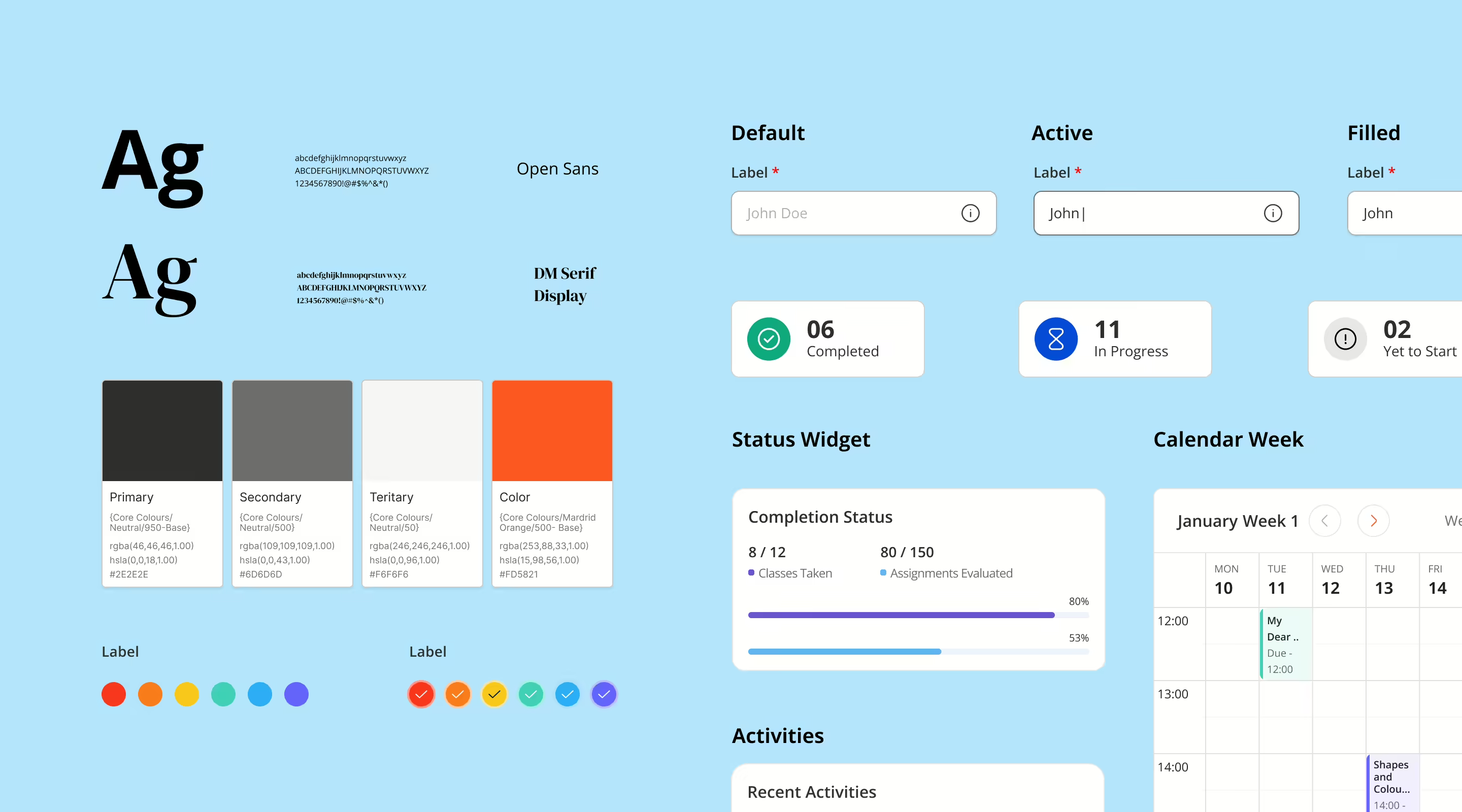
Visual design
The visual design for the Oxford Advantage platform focused on creating a modern & cohesive aesthetic that aligns with the brand’s identity while enhancing usability. We introduced clean, minimalistic layouts with engaging illustrations to make the platform visually appealing & accessible, especially for younger audiences. Consistent color schemes, typography & iconography were applied throughout the platform to ensure a unified design language, providing a smooth & intuitive navigation experience. The design also prioritized clarity & simplicity, allowing users to focus on content without unnecessary distractions, thus making the learning & teaching experience both functional & delightful.
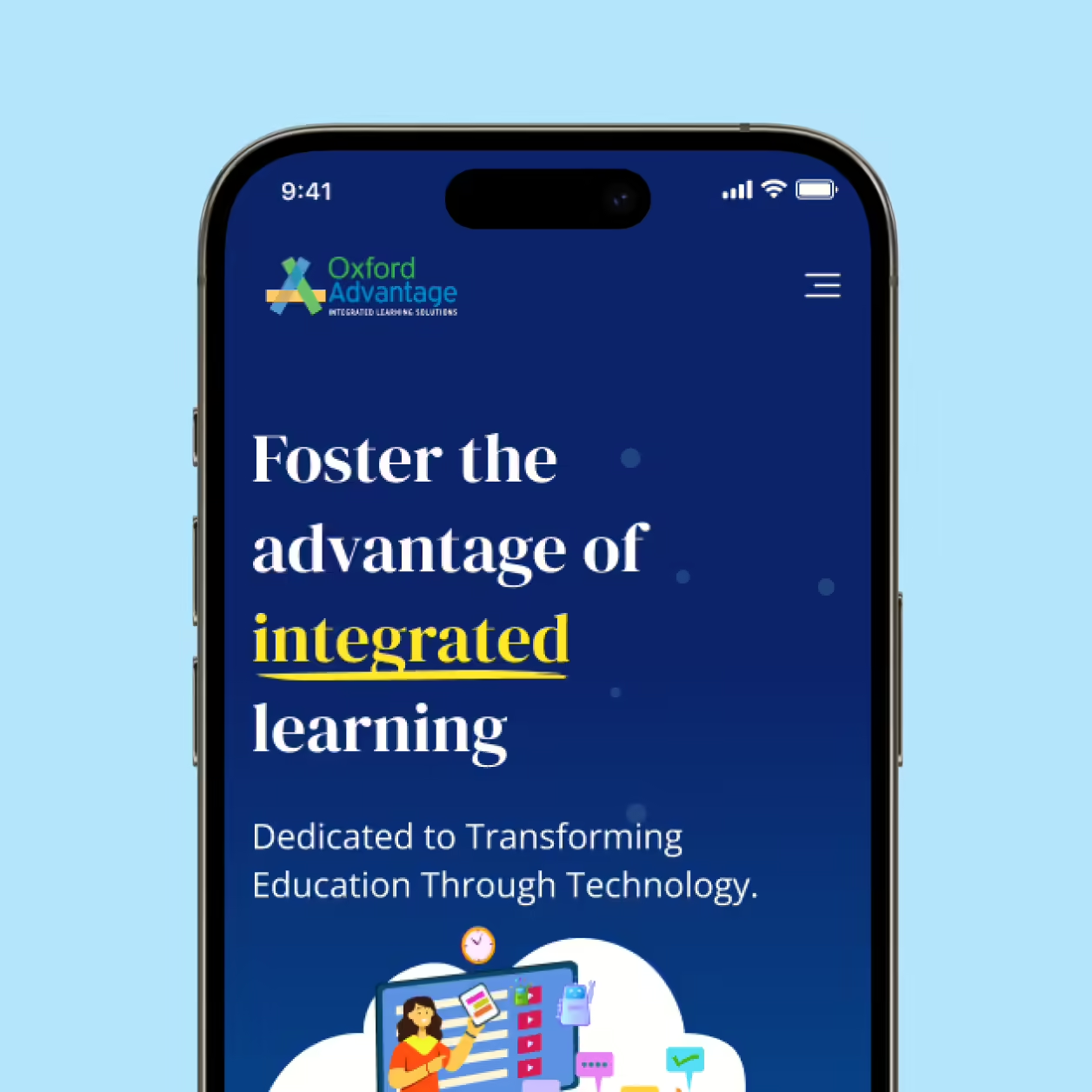
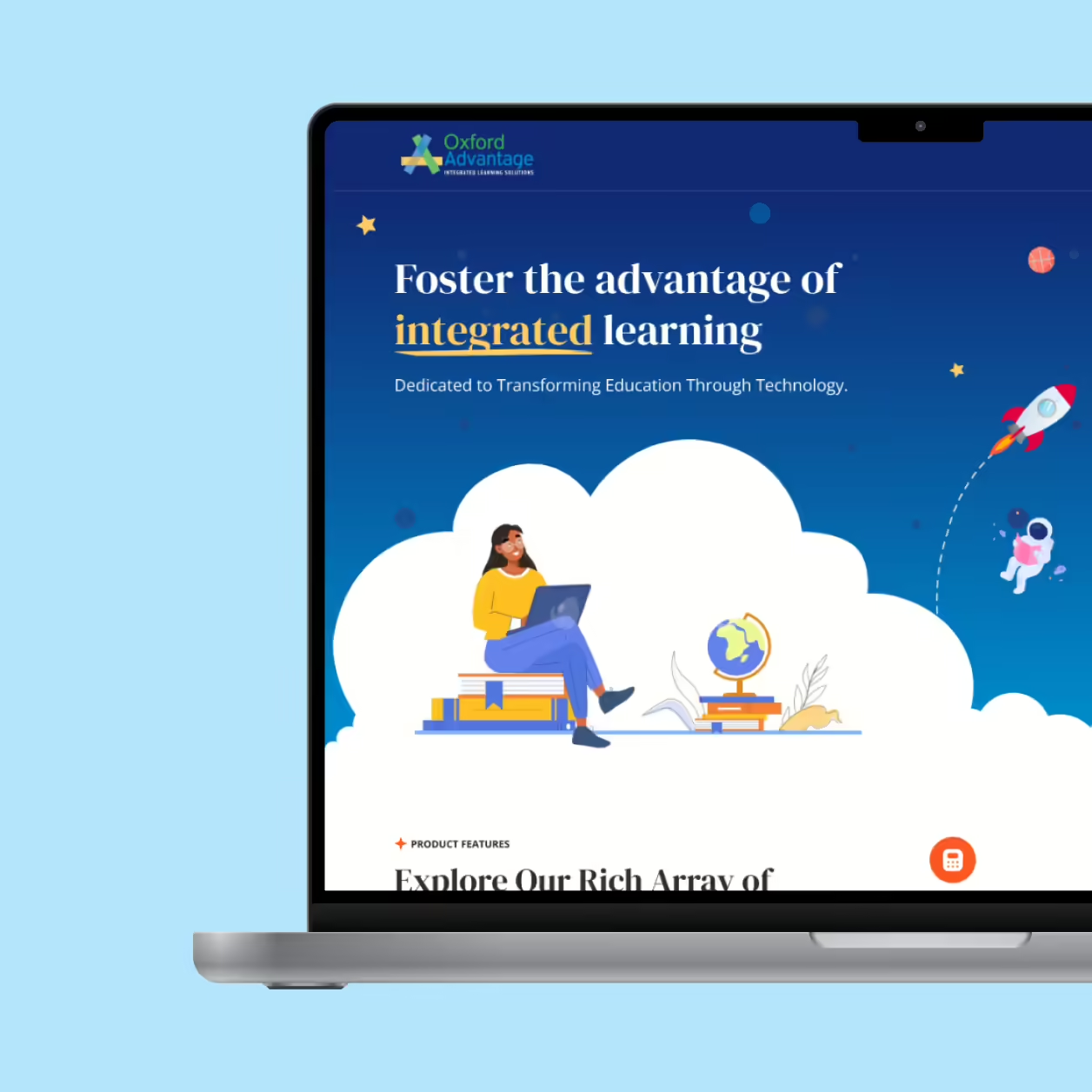
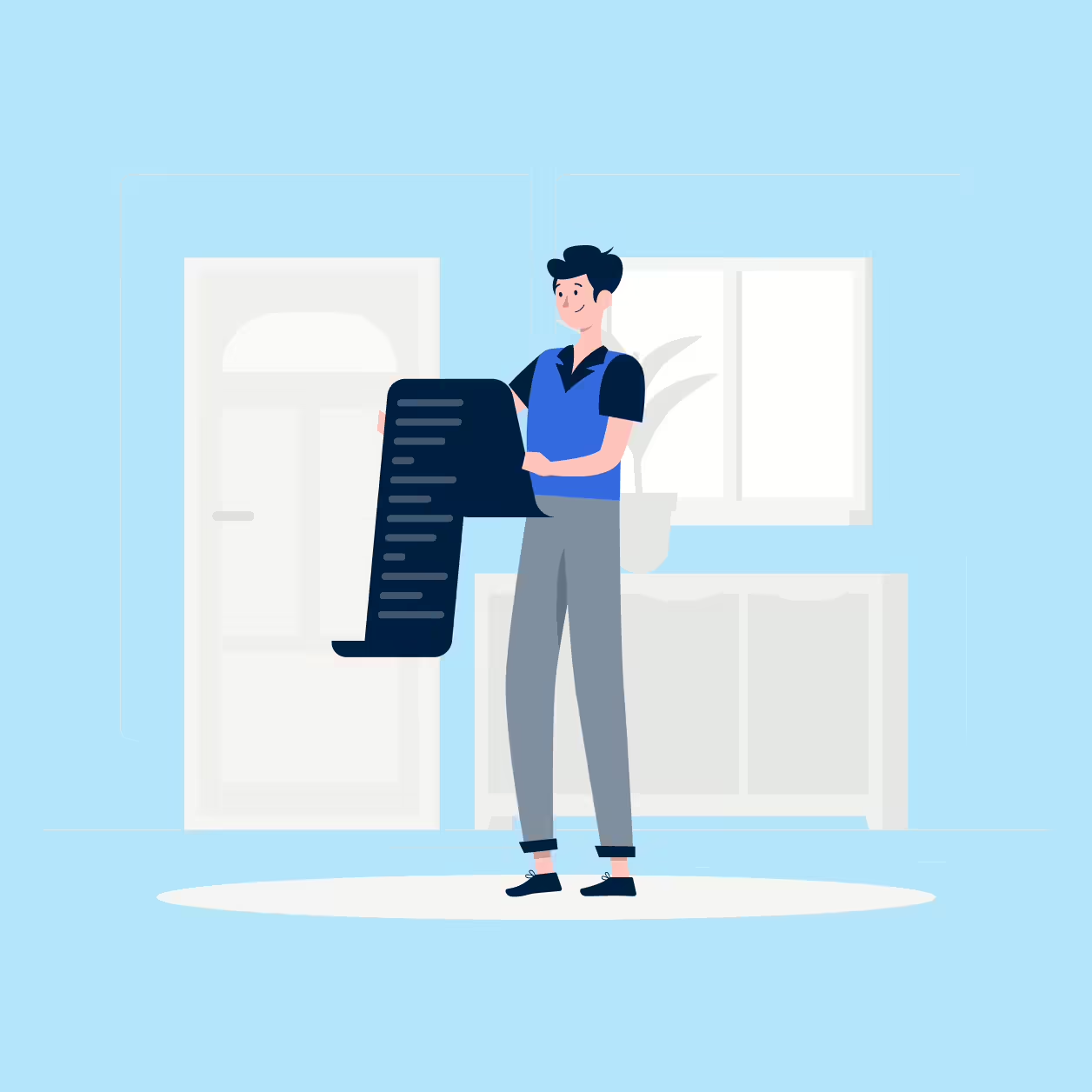

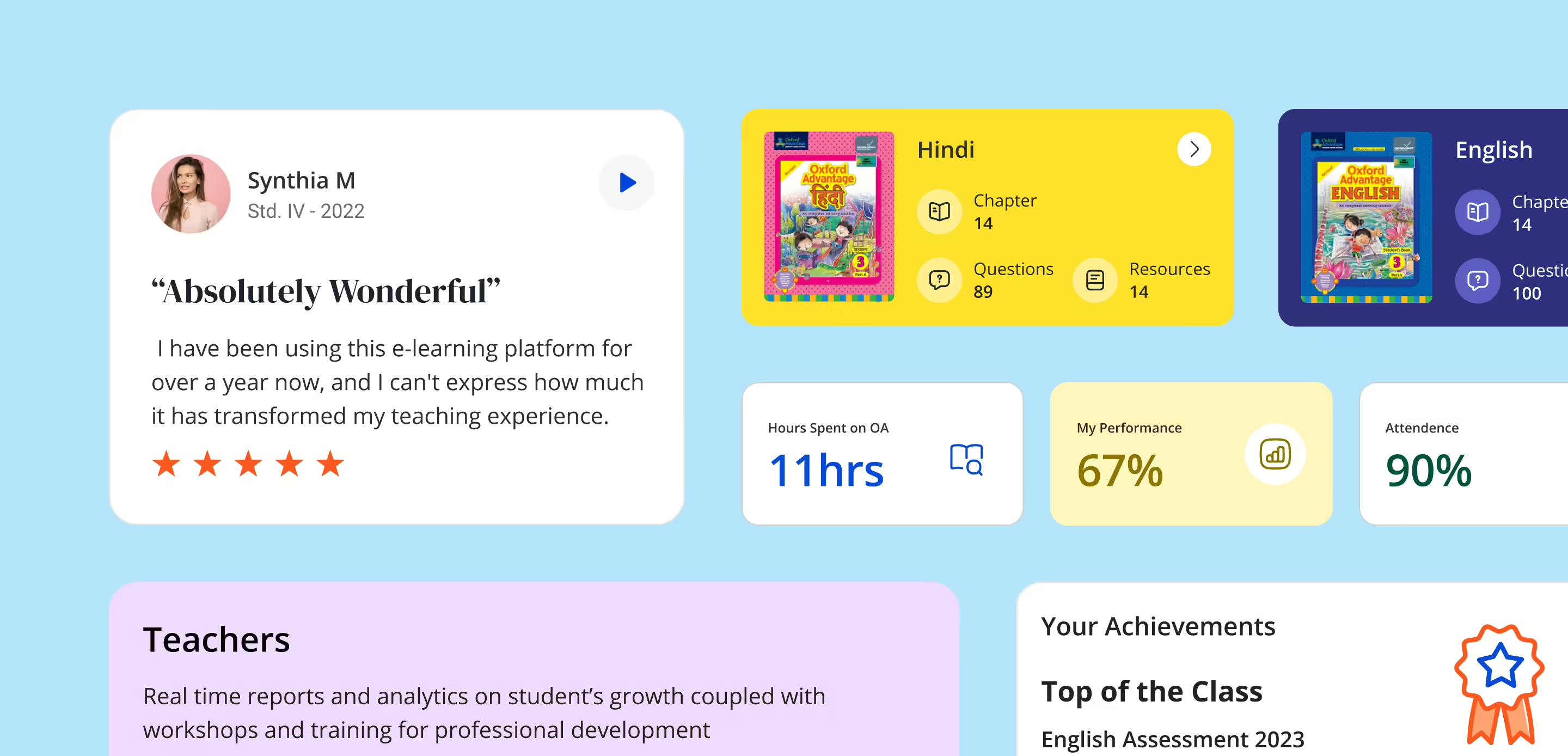
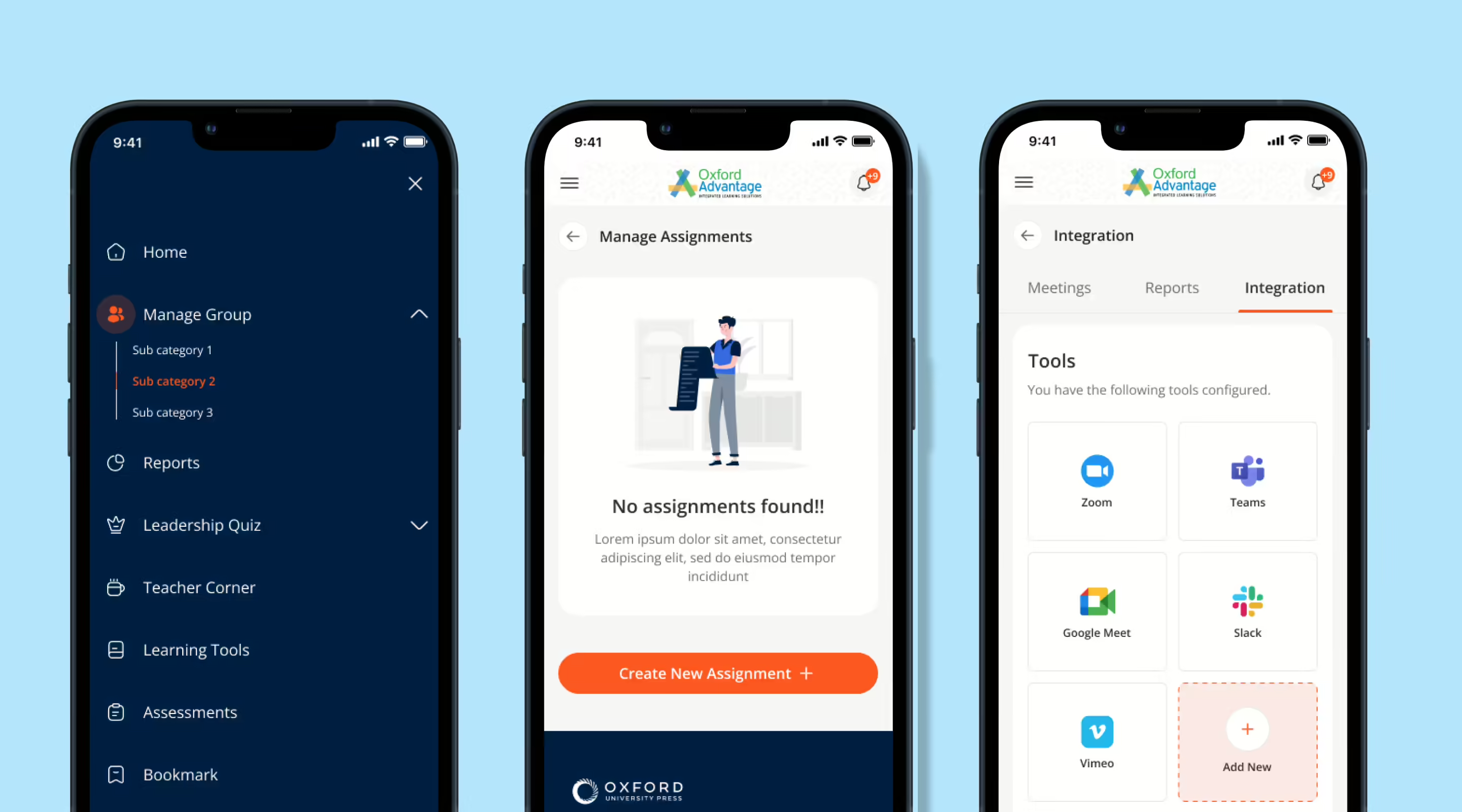
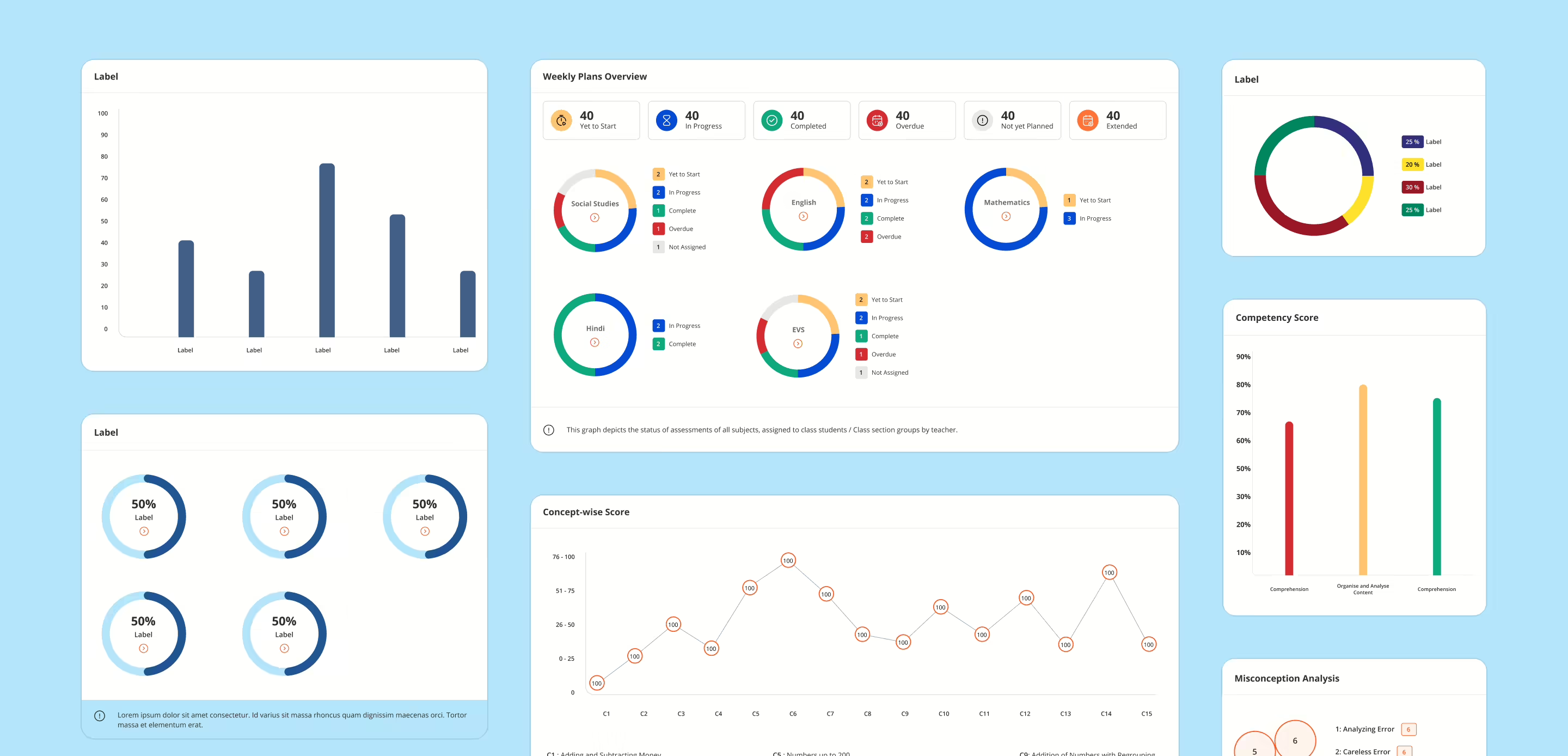
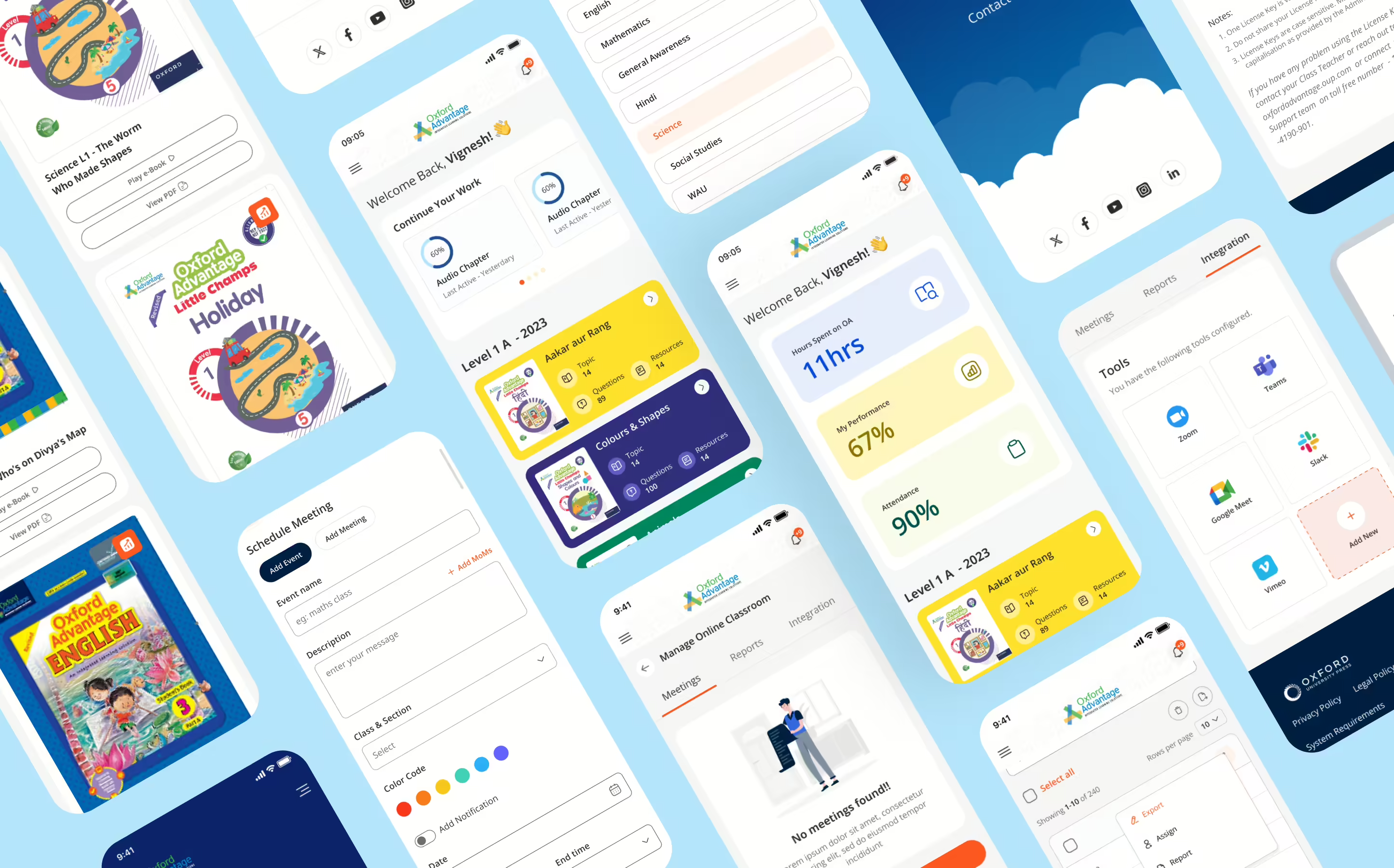
Outcome
The redesign of the Oxford Advantage platform led to significant outcomes & impact across multiple areas. The enhanced user experience improved learning & teaching flows for over 20 crore students & teachers in India, making the platform more intuitive & engaging. By implementing a well-structured content strategy, we achieved operational efficiency, reducing the reliance on customer support. The platform’s visual identity was strengthened, creating a cohesive design that set a new benchmark for ed-tech solutions. These improvements collectively gave Oxford University Press a competitive advantage, positioning Oxford Advantage as a leading ed-tech platform in India.
